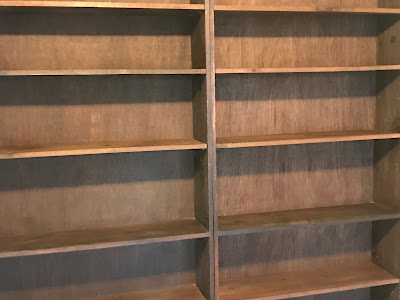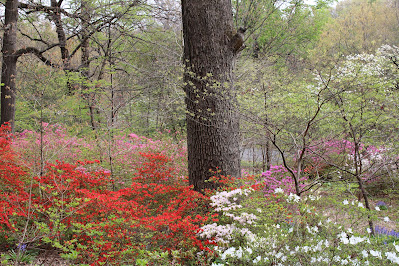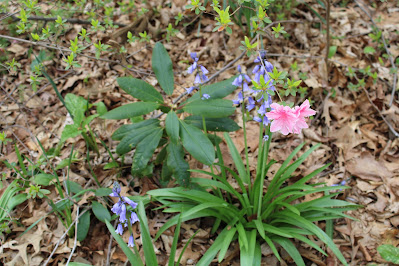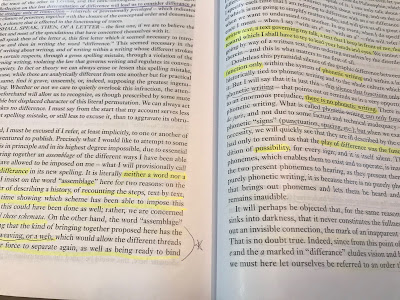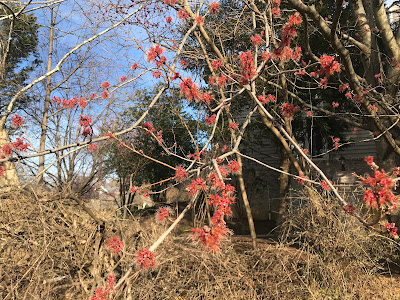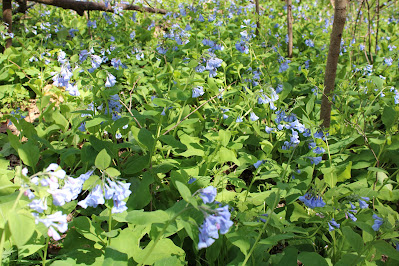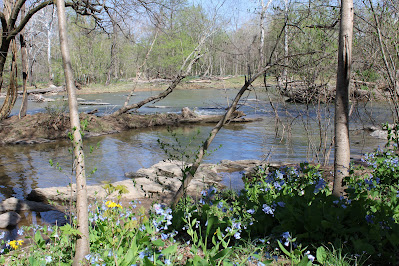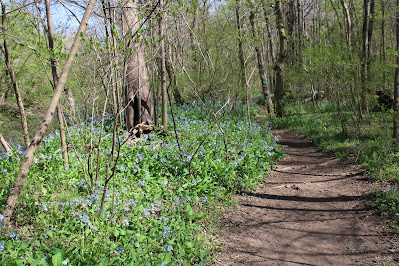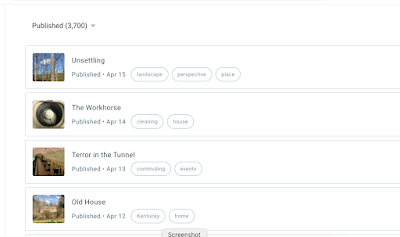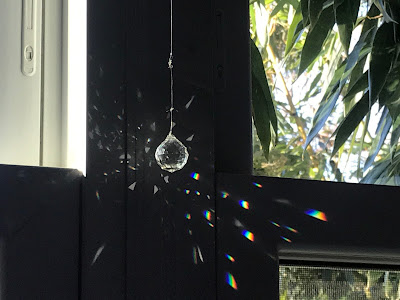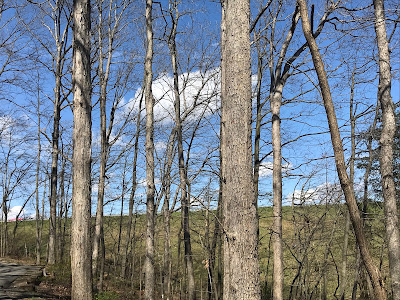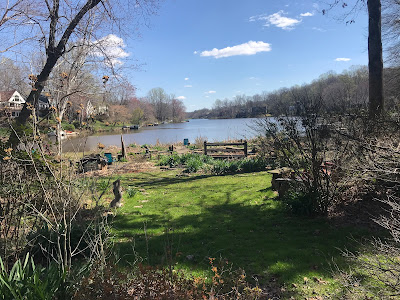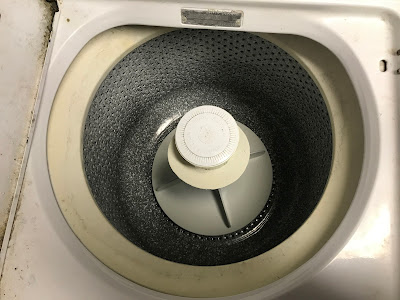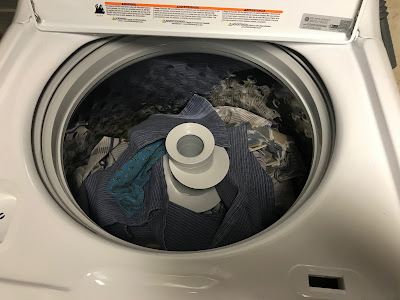The Unwritten
In a recent class on feminist literary criticism, my professor talked about the push to find overlooked female voices, the letters and journals, the stories stuffed in sewing baskets or left behind in convent cells.
I found that exciting: the newest works of the literary canon, the books that are out there but must still be discovered, that don’t yet have a readership, a home.
But at least these works exist in some form, ragged and hidden, inchoate and incomplete.
What about the books that were never written, the ideas that vanished before they could be jotted down, that fell victim to the cookstove, the washtub, the cradle? How do we recover those?
